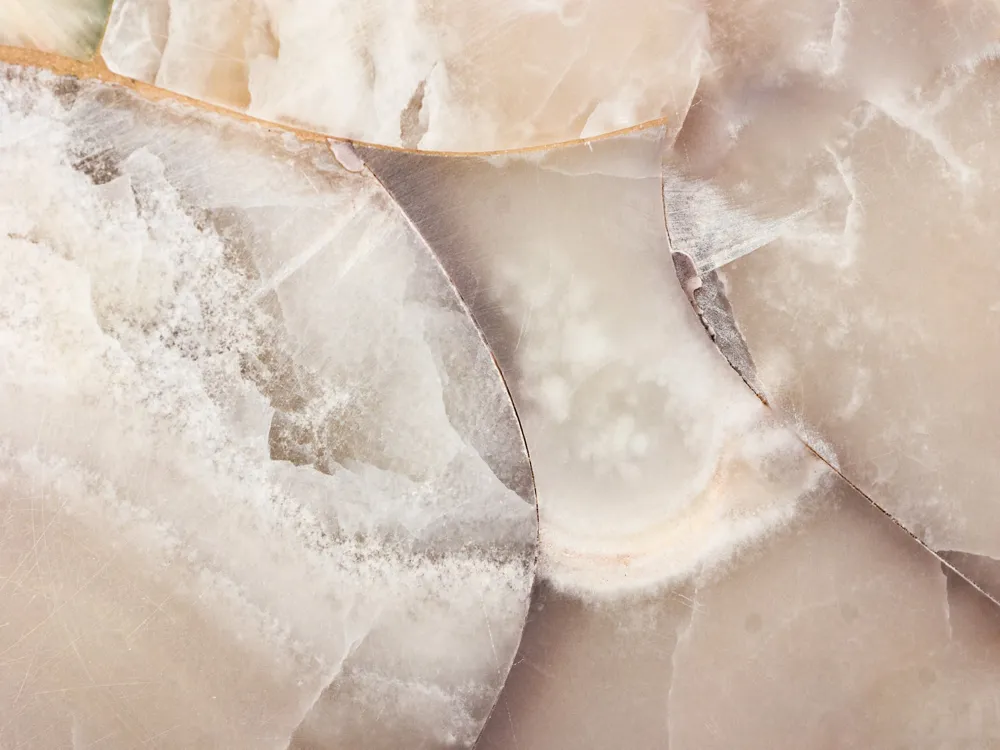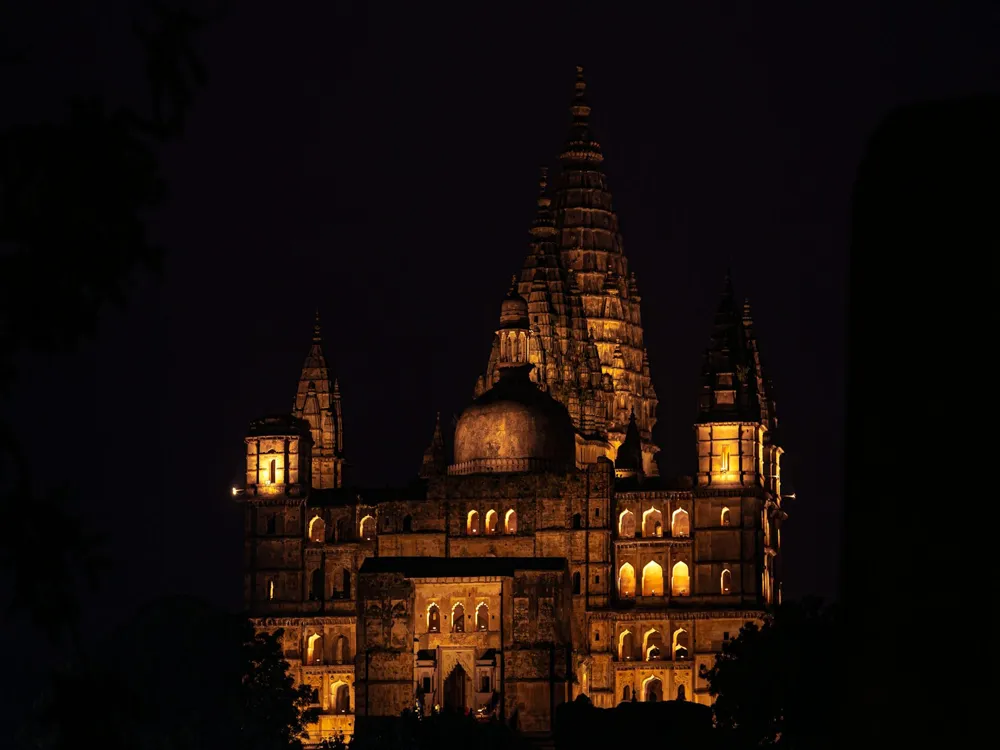Bhedaghat, a small town in Madhya Pradesh, India, is renowned for its exquisite soapstone artefacts. This region, rich in natural resources, has a long-standing tradition of soapstone craftsmanship that dates back centuries. Soapstone, a metamorphic rock, is known for its ease of carving and ability to retain fine details, making it a preferred material for artisans. The artefacts range from intricate figurines, ornate jewelry boxes, to elaborate sculptures, each piece reflecting the artisan's skill and the cultural heritage of the region. The process of creating these artefacts is as fascinating as the finished products themselves. Artisans begin by sourcing high-quality soapstone, which is then meticulously carved using traditional tools and techniques passed down through generations. The level of detail in each piece is a testament to the artisan's mastery and dedication. Themes often draw from local folklore, nature, and religious motifs, offering a glimpse into the rich tapestry of Indian culture and mythology. Visitors to Bhedaghat are often mesmerized by the array of soapstone artefacts available. Each piece tells a story, whether it be a depiction of a Hindu deity, a scene from a local legend, or an abstract design symbolizing universal concepts. The uniqueness of each artefact lies not just in its aesthetic appeal but also in its cultural significance, making these items more than just decorative objects; they are carriers of history and tradition. The architecture of soapstone artefacts in Bhedaghat is a remarkable blend of artistry and engineering. Each artefact, be it a simple utensil or an elaborate temple carving, showcases the intrinsic qualities of soapstone and the artisan's expertise in manipulating this versatile material. The architecture of these artefacts can be broadly categorized into three styles: decorative, functional, and religious. Decorative artefacts are often the most intricate, featuring detailed carvings that require exceptional precision and skill. These pieces, including vases, jewelry boxes, and figurines, are adorned with patterns and motifs that reflect the rich cultural and artistic heritage of Bhedaghat. Functional artefacts, on the other hand, include items like bowls, plates, and lamps, designed with a focus on utility but still bearing the artistic touch typical of the region's craftsmanship. Religious artefacts are perhaps the most significant, with soapstone being widely used in the construction of temples and in creating statues and other religious icons. These pieces are deeply revered and are often associated with specific rituals and practices. The architecture of these religious artefacts is heavily influenced by local religious beliefs and iconography, making them vital elements in the spiritual landscape of Bhedaghat. When visiting Bhedaghat to view the soapstone artefacts, it's crucial to respect the local culture and traditions. This includes dressing modestly, being mindful of religious sentiments while visiting temples, and showing appreciation for the artisans' work without bargaining excessively. The best time to visit Bhedaghat for soapstone artefacts is during the cooler months from October to March. During this period, the weather is pleasant, making it ideal for exploring the markets and artisan workshops. Opting for a guided tour can enhance your experience. Local guides are knowledgeable about the history and significance of the artefacts and can provide insights that you might miss otherwise. Bhedaghat is well-connected by road, rail, and air. The nearest airport is in Jabalpur, from where you can hire a taxi or take a bus to Bhedaghat. The town also has a railway station with good connectivity to major cities. If traveling by road, Bhedaghat is accessible via national and state highways, offering a scenic drive. READ MORE:-Overview of Soapstone Artefacts of Bhedaghat, Madhya Pradesh
Architecture of Soapstone Artefacts
Tips When Visiting Soapstone Artefacts
Respecting Local Culture and Traditions
Best Time to Visit
Guided Tours
How To Reach Soapstone Artefacts
Soapstone Artefacts
Bhedaghat
Madhya Pradesh
NaN onwards
View bhedaghat Packages
Bhedaghat Travel Packages
View All Packages For Bhedaghat
Top Hotel Collections for Bhedaghat

Private Pool

Luxury Hotels

5-Star Hotels

Pet Friendly
Top Hotels Near Bhedaghat
Other Top Ranking Places In Bhedaghat
View All Places To Visit In bhedaghat
View bhedaghat Packages
Bhedaghat Travel Packages
View All Packages For Bhedaghat
Top Hotel Collections for Bhedaghat

Private Pool

Luxury Hotels

5-Star Hotels

Pet Friendly



















